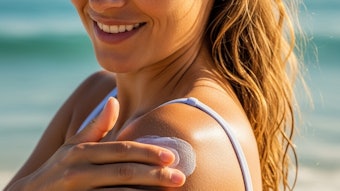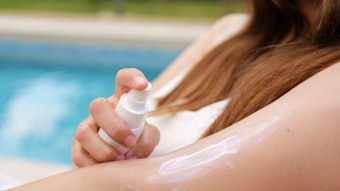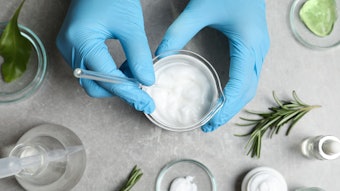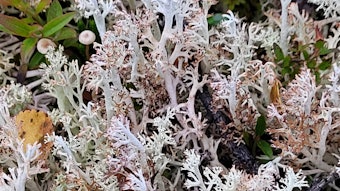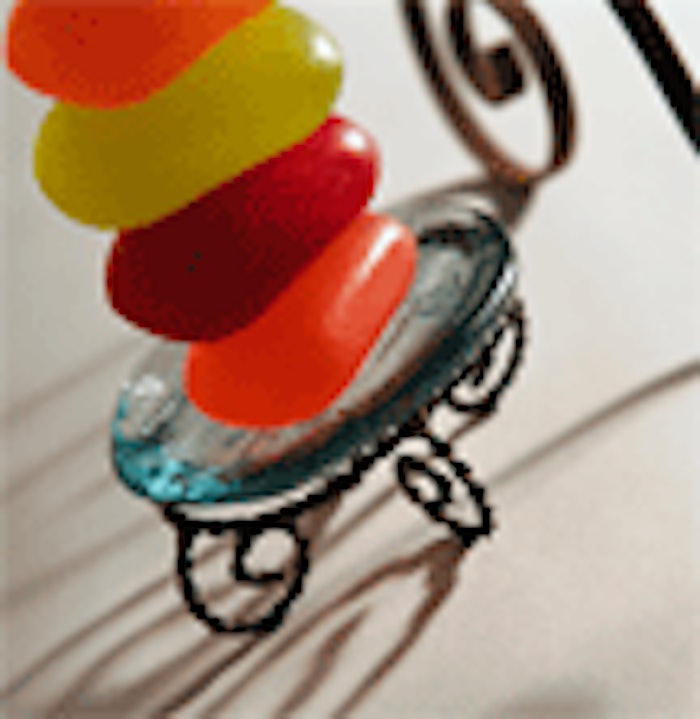
Recent statements questioning the environmental safety of triclosan have been disputed by the Soap and Detergent Association (SDA). A report previously issue by the East Bay Municipal Utility District (EBMUD) and Environmental Working Group in San Francisco, Calif., USA, supported statements that triclosan containing soaps and cleaning products are not biodegradable enough to pose no health risk to humans. Both groups discouraged the use of antibacterial soaps containing triclosan.
In EBMUD's February issue of its newsletter, Pipeline, it states, "But did you know that two active ingredients commonly found in many antibacterial products, triclosan and triclocarban, may harm the Bay? Studies show that these chemicals do not break down quickly and can harm aquatic life. Wastewater treatment was designed to remove human and food wastes, not synthetic chemicals. Because the American Medical Association says that regular soap and water are just as effective as antibacterial soaps at preventing the spread of bacteria in a normal household, EBMUD is currently phasing out its own purchases of antibacterial soaps."
According to the association, statements made by EBMUD and EWG are overstated. Triclosan has been used safely in hygiene products for more than three decades and is regulated by the US Food and Drug Administration. The association states that the ingredient poses no risk to humans or aquatic life.
A number of tests reportedly have been conducted on reproduction and development, both of which have confirmed that triclosan has no estrogenic or antiandrogenic effects on living organisms. The association further stresses that the ingredient is beneficial in reducing or eliminating bacteria that can lead to skin infections, intestinal illnesses or other commonly transmitted diseases.
For more information on the SDA's opinion of triclosan, visit www.cleaning101.com/antibacterial. To view the newsletter published by EBMUD, visit www.ebmud.com.
